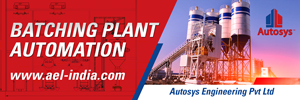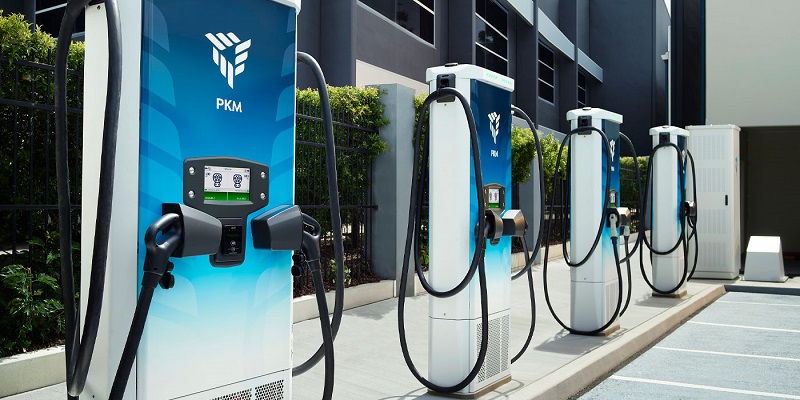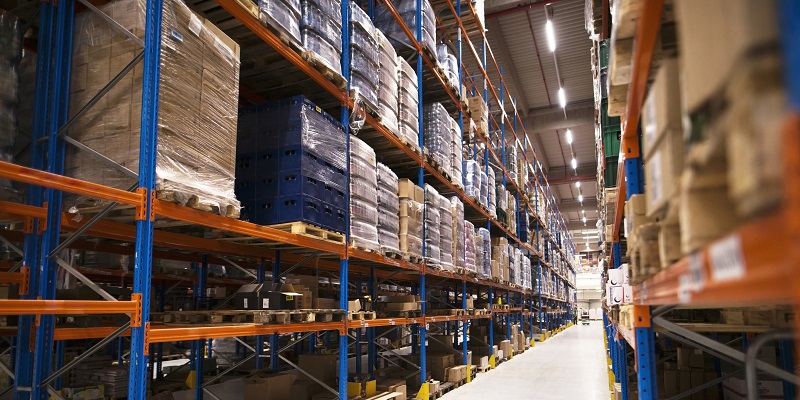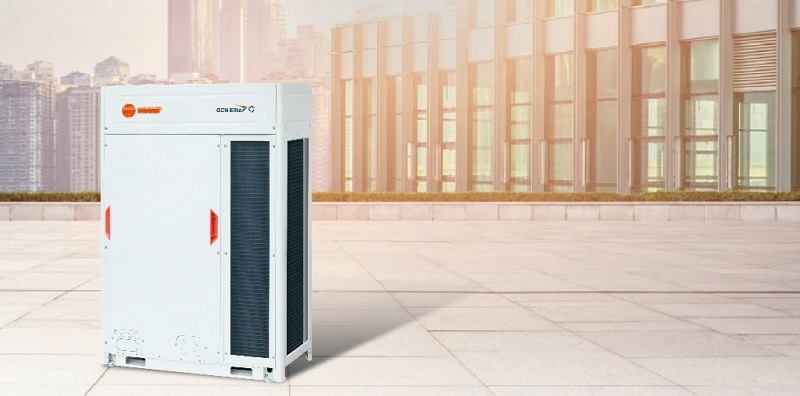Schedule a Call Back
Shell Lubricants Technology Lecture
 Technical Articles
Technical Articles- Apr 09,14
As a country of a billion-plus people and an emerging economy, India is pretty high on the agenda of every global business. The country is also emerging as one of the larger automotive markets globally, and was, in fact, for some time one of the fastest growing before experiencing a slowdown in recent quarters. India is also facing a looming energy crisis, as it is heavily dependent on imports for most fossil fuels, clearly an unsustainable proposition. It is against this backdrop that the third edition of Shell's Global Lecture Series was conducted at the Indian Institute of Technology (IIT)-Madras, Chennai, during the last week of February 2014. The first two editions of Shell's Global Lecture Series were held at Imperial College, London, and Tsinghua University, Beijing.

For a company that literally has its origins in selling shells for decorative purposes in the early 19th century and which later got into transportation of oil before merging with a Dutch oil exploration business, Shell is very much an important player in the global energy business, and today one of the key players in the efforts to tackle the global energy challenge. Shell had assembled a panel of industry experts for this event, who discussed the role of co-engineering and innovation in the development of fuel-efficient lubricants. The event was attended by leading automotive and engineering experts in India as well as IIT Madras faculty and students, besides media representatives.
"The Shell Lubricants Technology Lecture is a great platform to collaborate across media, academia and industry on how lubricants can be used as a valuable design parameter in the automotive industry as opposed to an afterthought," said Nitin Prasad, Country Head, Shell Lubricants India, while inaugurating the event. Professor Krishnan Balasubramanian, Dean of Industrial Consultancy & Sponsored Research at IIT Madras, said, "We are proud to host the Shell Lubricants Technology Lecture at IIT Madras for industry experts who are at the forefront of automotive technology in India. Education and practical experience go hand-in-hand and this type of technical knowledge sharing is vital for the development of India's future engineers."

Dr Selda Gunsel, Vice President of Shell Global Commercial Technology and one of the speakers at the event, began with the correlation between increased population, growing urbanisation and the need for increased mobility, with the attendant problems of emissions and pollutants.
According to Dr Selda, while the challenges are huge, applications of existing technology alone can make a significant dent, it is important for OEMs and other stake holders to collaborate and co-engineer the products, in this case the powertrain of the automobile. "At Shell, we believe lubricants - alongside new fuel and engine technologies - have a unique and vital role to play in meeting the global energy challenge. Our research shows that fuel economy can be improved by using the most suitable quality lubricant for an engine, and that even higher savings can be achieved when the lubricants provider and the automotive original equipment manufacturer, or OEM, work together to develop bespoke products for a particular vehicle. This involves long-term co-engineering projects within the industry," she said.
Professor Gordon Murray, renowned Formula One and McLaren designer as well as the Chief Executive Officer and Technical Director for Gordon Murray Designs (GMD) further elaborated on the co-engineering aspect relating his own experience of over half a century, first as an auto enthusiast the a racer, later engaged in creation of the McLaren super car, and with GMD, the designer of the small, revolutionary city car T.25, with world-leading efficiency and ultra-low emissions.
"At GMD we are developing innovative cars that challenge every aspect of car design concepts, including lubrication. A lubricant is a vital engine component that has more potential than most for improving a vehicle's fuel economy and cutting its CO2 emissions. That is why we have been working closely with Shell as technical partners since 2010. We share the same drive for fuel efficiency and innovation in an energy challenged world," said Prof Murray.
In fact, this collaboration has achieved a 6.5 per cent improvement in fuel efficiency for the GMD T.25 design, which is a significant step change compared to the improvements of around 2.5 per cent achieved in typical fuel economy lubricant development programmes in EU urban cycle compared with 5W-30.
Dr Tim Leverton, Head of Advanced & Product Engineering at Tata Motors, dwelt on at some length on the challenges in the Indian domestic market in general, and the proposed Fuel Efficiency (FE) norms in particular. It may be noted that the government has notified new norms for passenger vehicles.

Under the new norms, the industry will have to ensure that the mileage of cars on Indian roads improves by 10% by 2021. The second phase, for which no deadline is specified, will begin from 2022 and targets a fuel efficiency improvement by 30%. Simultaneously, carbon dioxide emissions, which are pegged at 142 gm per km with 2010-11 base, are required to come down to 129.8 gm by 2021-22 and 113 gm 2022 onwards, a reduction of 8.59% and 20.42% respectively.
According to Dr Leverton, it is important for the industry to concentrate of five key areas: Powertrain, Hybridisation, Electrical/electronic architecture, Design/styling and Modular Platform. Early engagement with lube suppliers is essential for friction reduction. He also mentioned that the company is working with Shell Lubricants on this.
Rick Finn, Corporate Strategy Team, Infineum, too stressed on technical collaboration between different stakeholders to meet the energy challenge. Infineum is a world leader in the formulation, manufacturing and marketing of petroleum additives for lubricants and fuels with over 80 years of experience in the field, and since 1999, a joint venture between ExxonMobile and Shell. The company works in close collaboration with oil marketers and original equipment manufacturers (OEMs), and its products are found in 1/3rd of all engines in the world - automotive, industrial and marine, said Finn.
To sum up, the key takeaways from the Shell Lubricants Technology Lecture are: technology is available; collaboration at early stages is important; collaboration yields better results when the goals are shared; in such a collaboration, the whole is more than the sum of parts; and above all there has to be a will to implement the polices laid down for fuel efficiency. The last is especially true in the Indian context.
(Shell's portfolio of lubricant brands includes Shell Helix, Shell Rimula, and Shell Spirax. In addition to its products, the company offers a wide range of services, including Shell LubeMatch, a market leading online tool that matches lubricants to vehicles and equipments, and Shell LubeAnalyst, an early warning system that enables customers to monitor the condition of their equipment and lubricant, helping to save money on maintenance.)
Related Products
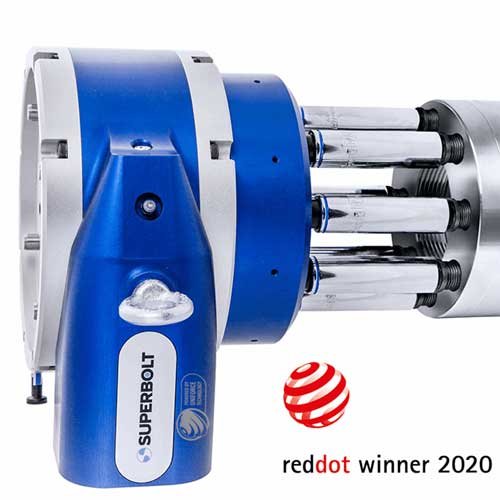
Superbolt Tool
Nord-Lock India Pvt Ltd offers a wide range of Superbolt
tool.
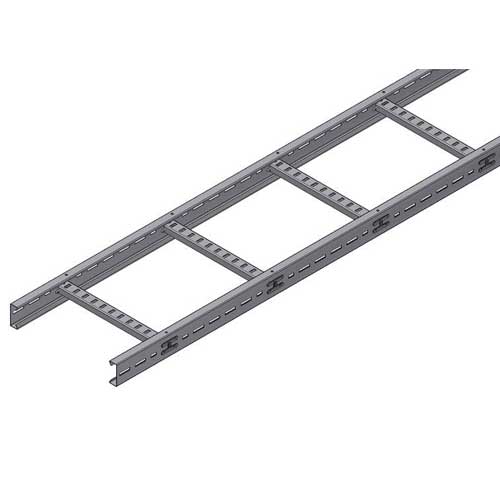
Ladder Type Cable Tray
Rama Enterprises offers a wide range of ladder type cable tray.
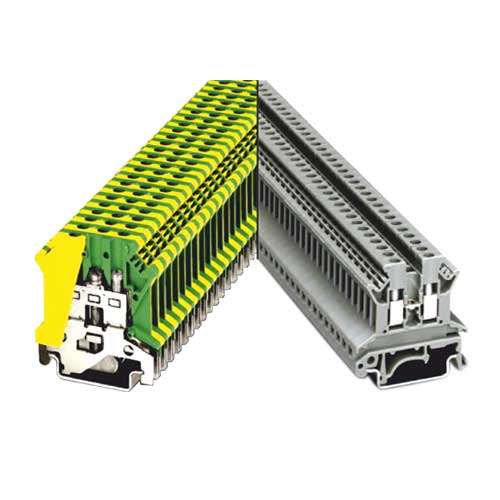
78 Series Din Rail Terminal Blocks
Werner Electric Private Limited offers a wide range of 78 series din rail terminal blocks.

